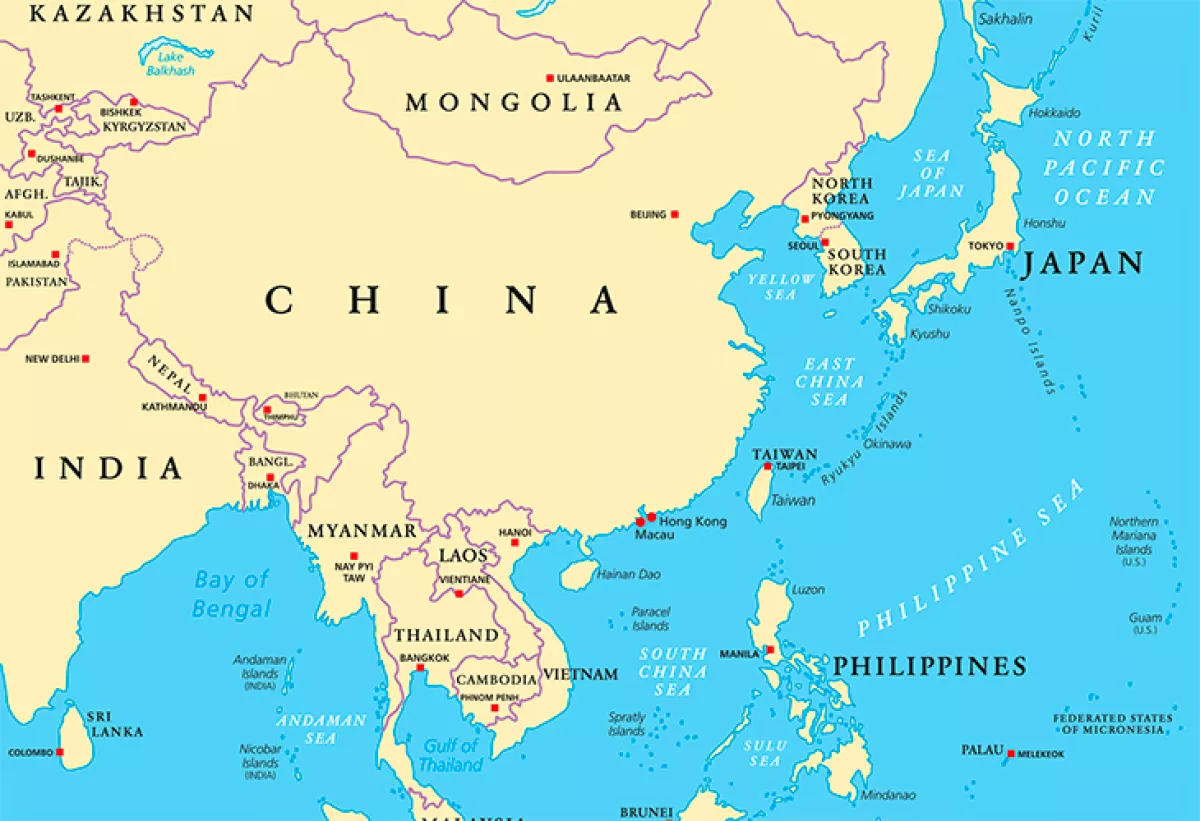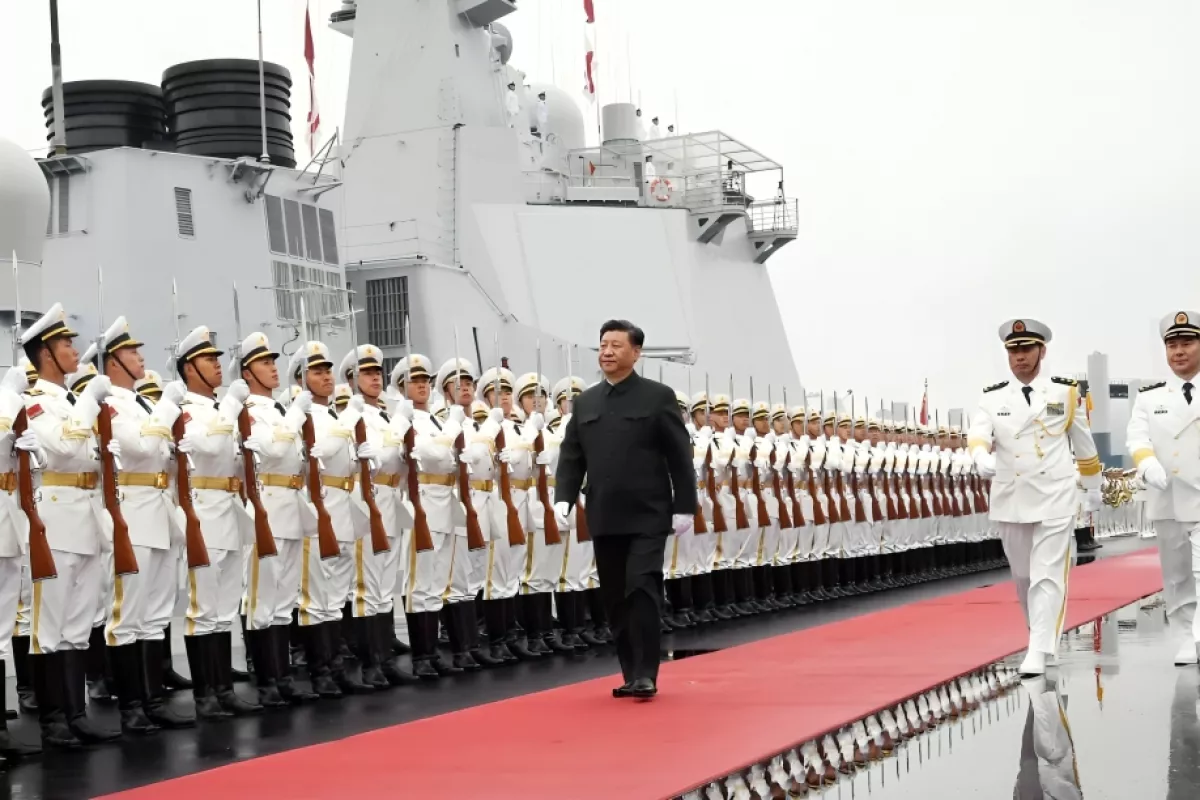Is China aimed at taking control over Taiwan? Waiting for a new war
The ongoing tensions between the United States (US) and China in the Middle East and East Asia are getting more heated ahead of the November elections in the US, which could end with the defeat of Democrats and the re-election of President Donald Trump. Donald Trump's first term in office significantly deteriorated relations with China, with some trade sanctions imposed on Beijing. However, the most notorious moment in the US-China rivalry is Taiwan's issue.
For several years, the US authorities pushed the narrative regarding China’s ambitions to take the control over Taiwan by using military force, though the Chinese moves suggest that there is a more nuanced strategy. Even South Korea, traditionally very careful about expressing views on the Taiwan issue, has recently voiced unease and concern regarding the possibility of a militarized crisis around Taiwan. However, China’s leadership is acutely aware that an invasion of Taiwan would not only risk demolishing the country’s economic machinery but could also destabilize the Chinese Communist Party of China (CCP) in ways never before seen.
Undoubtedly, a full-scale war around Taiwan could threaten to escalate tensions in the South China Sea and undermine regional peace and stability in Southeast Asia. In fact, the current harsh disputes over the South China Sea between China and regional states could pave the way for a broader conflict in the Taiwan Strait. Thus, the South China Sea may become a theater of operations in a Taiwan conflict.

On the other hand, the US has supplied Taiwan with the most advanced and sophisticated weaponry for many years in an effort to boost its defense and combat capabilities against foreign invasion. Washington is legally required – under the Taiwan Relations Act – to provide the island with the means to defend itself, and it supplies it with defensive weaponry. For example, in June 2024, the State Department announced a $360 million drone sale to Taipei, its 15th sale of defensive weapons to the island. The US fears that China might use its navy and navy militia groups to surround Taiwan, possibly cutting off access to its ports and stopping vital supplies like energy from reaching the island.
In addition, some experts suggest that the naval, air, and ground components of the People's Liberation Army (PLA), the world's largest military force, might play only auxiliary and support roles. China benefits from the US perception of an imminent threat of invasion. This perception allows China to bolster its naval capabilities in preparation for any potential future conflict and as a means to keep its industrial and military complex robust. If Taiwan and the US repel a Chinese invasion, China could resort to launching long-term, around-the-clock airstrikes against Taiwan and US military assets. Consequently, the potential large-scale escalation between the US and China around Taiwan would be a no-win situation for the entire region.

As for China, keeping the high pulse of tensions with the US around Taiwan enables it to strengthen leverage during negotiations to get more concessions from the West in exchange for restraint toward Taipei. Therefore, the Taiwan issue remains a complex issue in US-China relations with the risk of spillover after the re-election of Donald Trump. Although Beijing seems reluctant at this moment to launch an armed standoff with the US and Taiwan, it has ramped up this "grey zone warfare" - sending record numbers of Chinese fighter jets near Taiwan and holding military drills in response to political exchanges between the US and Taiwan. In 2023 and 2024, China's warplane incursions into Taiwan's Air Defence Identification Zone (ADIZ) nearly doubled.
Indeed, the Western anti-Chinese narrative emboldens nationalism within China regarding the Taiwan issue, giving it a strategic advantage and keeping the West off-balance.








